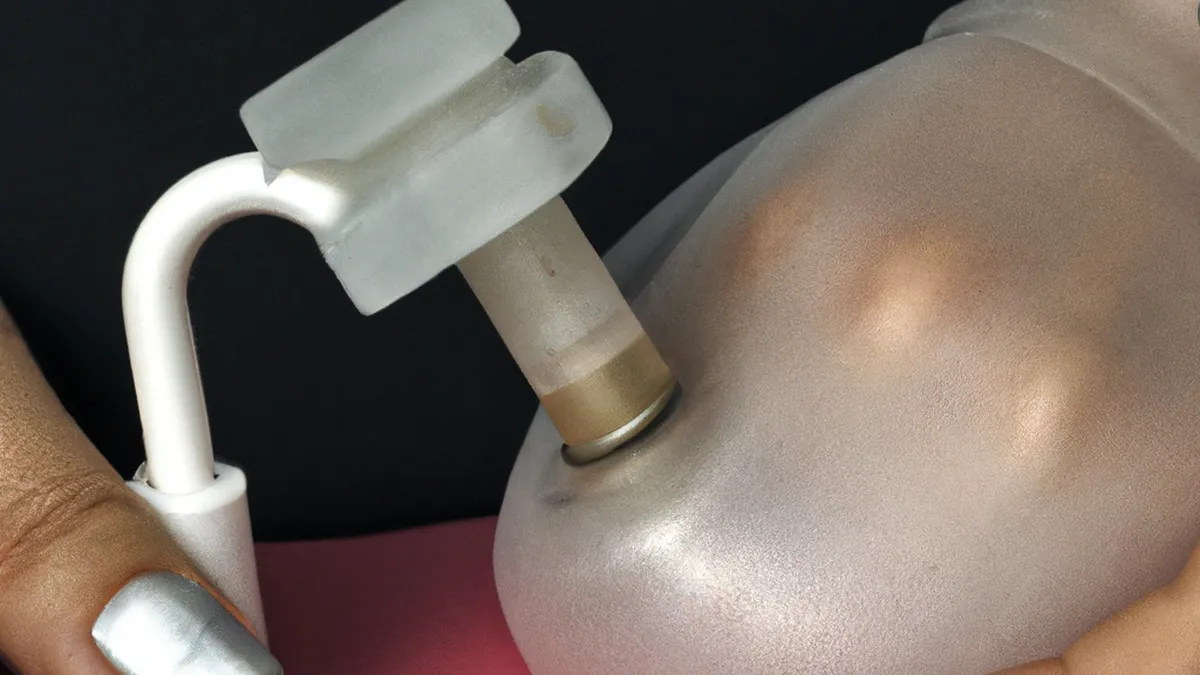Preventing Injuries: Strategies for Women Athletes
Injury Patterns Specific to Female Athletes and Prevention Strategies
As an Amazon Associate I earn from qualifying purchases.
Gear tip: consider Preventing, injury and sport sunscreen to support this workout.
Female athletes encounter distinct challenges with sports injuries. Factors like anatomical, physiological, and sociocultural aspects influence these injuries. Recognizing these patterns helps athletes, coaches, and trainers apply effective prevention strategies. This blog post highlights common injuries among female athletes, their causes, and tips to reduce risks.
Common Injury Patterns
Anterior Cruciate Ligament (ACL) Injuries
The anterior cruciate ligament (ACL) tear ranks among the most common injuries for female athletes. Research shows women may suffer ACL injuries up to eight times more than men, especially in sports like soccer and basketball. Several factors contribute to this risk:
– **Anatomical Differences**: Women’s wider pelvis creates a larger Q-angle, increasing knee stress during movement.
– **Hormonal Influences**: Hormonal fluctuations, particularly estrogen, affect ligament laxity and joint stability, raising injury risk during certain menstrual cycle phases.
– **Biomechanics**: Female athletes often land and cut differently than males. They tend to land with knees closer together and may not bend their knees deeply, raising ACL injury risk.
Patellofemoral Pain Syndrome
Patellofemoral pain syndrome, or runner’s knee, poses a significant concern for female athletes. This condition stems from improper kneecap tracking during movement, causing pain in the knee’s front. Contributing factors include:
– **Greater Q-Angle**: Women’s naturally wider Q-angle can misalign the patella, causing pain.
– **Weakness in Hip Muscles**: Weak hip stabilizers may lead to improper knee alignment and tracking, worsening patellofemoral pain.
– **Overuse**: Repetitive activities like running, jumping, or cycling can lead to this syndrome.
Stress Fractures
Stress fractures commonly affect female athletes, particularly in high-impact sports like running, gymnastics, and basketball. These injuries result from repetitive stress on bones, exacerbated by:
– **Low Bone Density**: Female athletes, especially in leanness-focused sports, may experience low bone density from inadequate nutrition and the female athlete triad, which includes low energy availability, menstrual dysfunction, and osteoporosis.
– **Training Errors**: Rapid increases in training intensity or volume without proper conditioning can cause overuse injuries, including stress fractures.
Prevention Strategies
Strength Training
Athletes should incorporate strength training into their routines.
Conclusion
In summary, understanding injury patterns and prevention strategies empowers female athletes to minimize their injury risk.
Below are related products based on this post:
FAQ
What are the common injury patterns specific to female athletes?
Common injury patterns among female athletes include anterior cruciate ligament (ACL) injuries, patellofemoral pain syndrome, and stress fractures. These injuries are influenced by anatomical, physiological, and sociocultural factors unique to women.
Why are female athletes at a higher risk for ACL injuries?
Female athletes are at a higher risk for ACL injuries due to several factors, including anatomical differences such as a wider pelvis that increases knee stress, hormonal fluctuations that affect ligament stability, and biomechanical differences in landing and cutting techniques compared to male athletes.
What strategies can help prevent injuries in female athletes?
To prevent injuries, female athletes should incorporate strength training into their routines, focus on proper technique during movements, and address any muscle weaknesses, particularly in the hip area. Additionally, gradual increases in training intensity and volume can help mitigate the risk of overuse injuries.















Post Comment